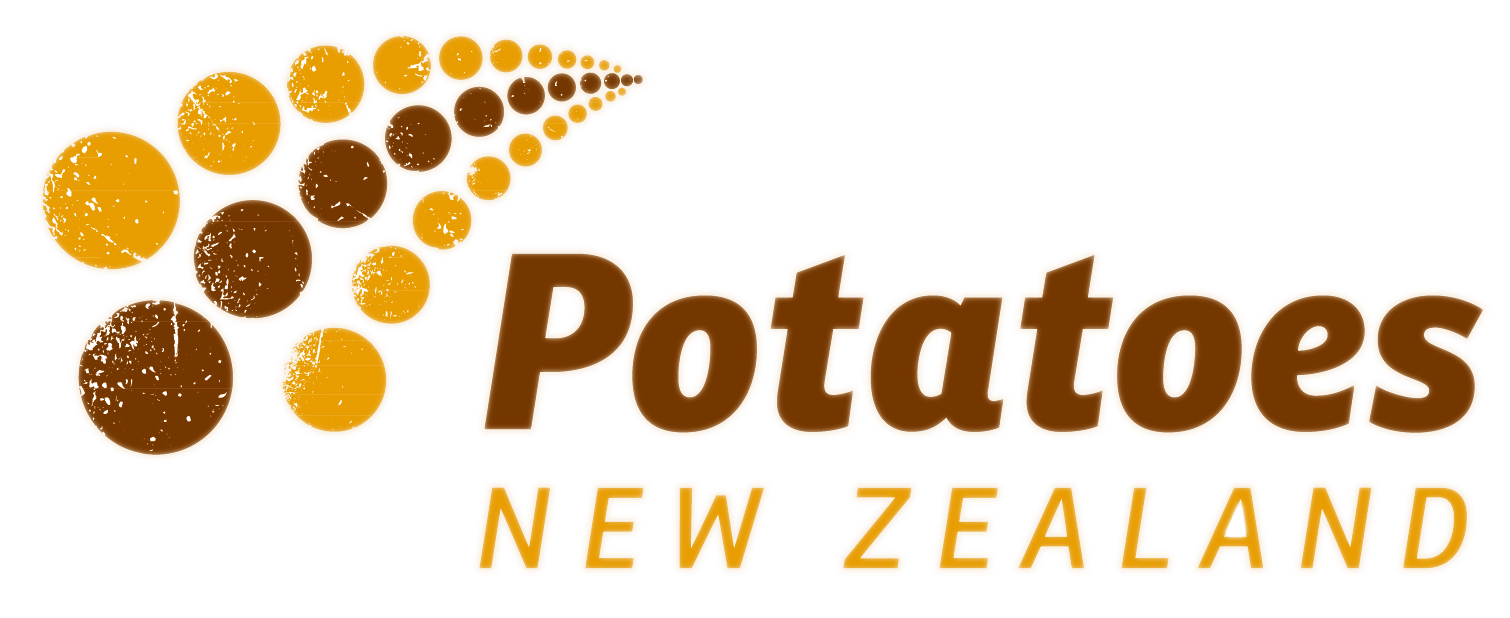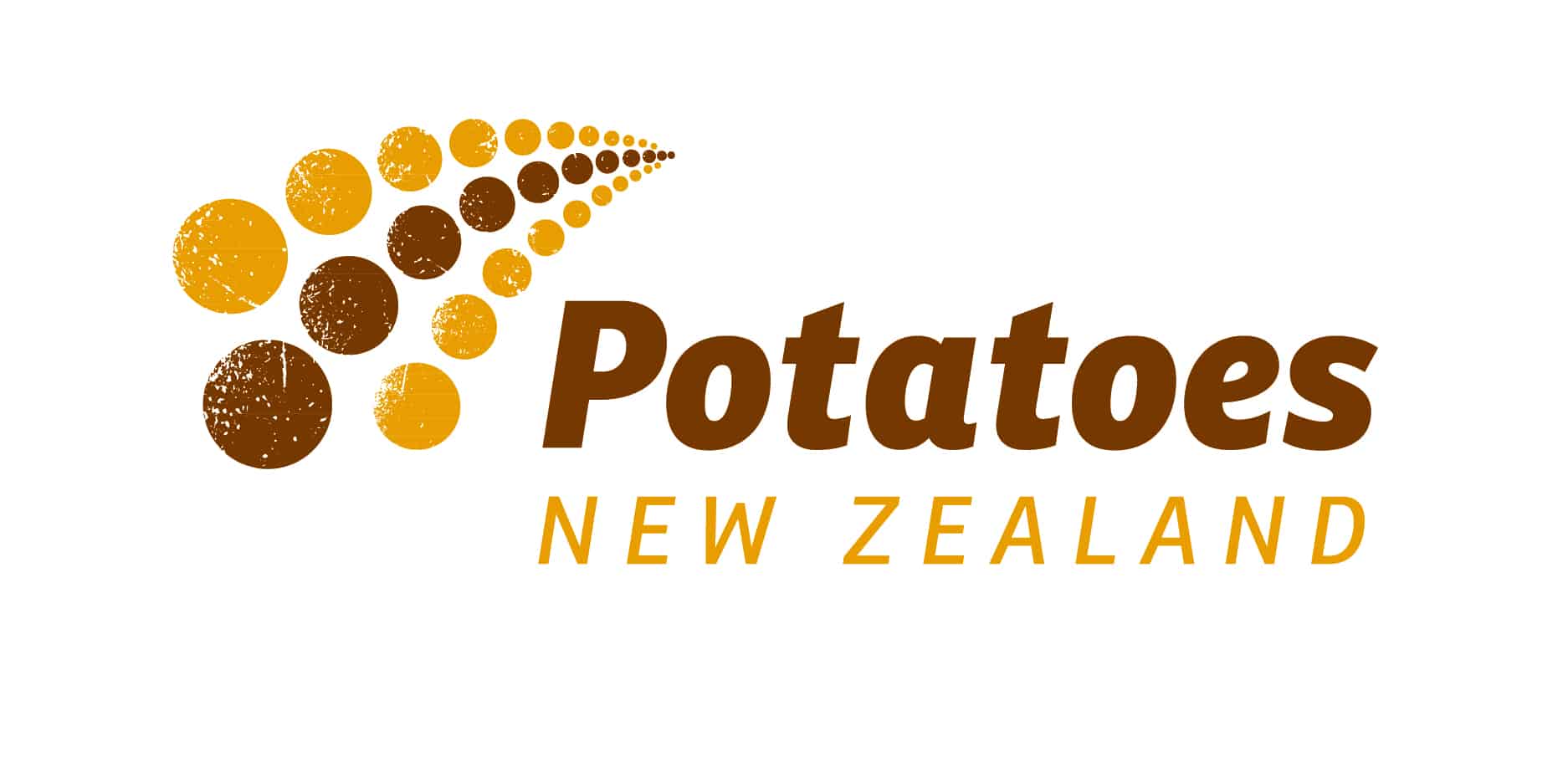
 fresh potatoes in field.
fresh potatoes in field.Among the many edible crops that emerged at the dawn of modern human civilization and managed to spread across entire world, few managed to distinguish themselves by their ruggedness, storage quality and nutritional value, as the humble potato. The indigenous flowering plants of South America and the Andes mountains proved very useful to our ancestors, who cultivated it, nurtured it, and ensured its survival over the last 10,000 years of our history. Centuries after they were introduced to the rest of the world and in New Zealand firstly by Māori, potatoes represent one of the most important parts of cuisine and are the fourth-largest food crop in the entire world, following maize, rice and wheat. In NZ potatoes are the third most valuable horticultural product behind apples & kiwifruit.
Not only is the potato hardy, resilient and loved the world over, it is highly nutritious. Potatoes are a versatile root vegetable and a staple food in most restaurants and cafes.
Potatoes are also relatively cheap and packed with a variety of nutrients.
Here are 7 health and nutrition benefits of potatoes which your customers will appreciate.
- Nutritional Value
One medium baked potato (6.1 ounces or 173 grams), including the skin, provides
- Calories: 161
- Fat: 0.2 grams
- Protein: 4.3 grams
- Carbs: 36.6 grams
- Fiber: 3.8 grams
- Vitamin C: 28% of the RDI
- Vitamin B6: 27% of the RDI
- Potassium: 26% of the RDI
- Manganese: 19% of the RDI
- Magnesium: 12% of the RDI
- Phosphorus: 12% of the RDI
- Niacin: 12% of the RDI
- Folate: 12% of the RDI
It’s important to note the skin of the potatoes contain a great amount of vitamins and minerals. Peeling potatoes can significantly reduce their nutritional content.
Potatoes are rich in compounds like flavonoids, carotenoids and phenolic acids.
These compounds act as antioxidants in the body by neutralizing potentially harmful molecules known as free radicals.
For example, a test-tube study found that the antioxidants present in potatoes may suppress the growth of liver and colon cancer cells..
Studies have also found that colored potatoes like purple potatoes can have three to four times more antioxidants than white potatoes. This makes them potentially more effective at neutralizing free radicals. Consider adding heritage, colourful varietes to your menu.
3. May Improve Blood Sugar Control
Potatoes contain a special type of starch known as resistant starch.
This starch is not broken down and fully absorbed by the body. Instead, it reaches the large intestine where it becomes a source of nutrients for the beneficial bacteria in the gut.
Research has linked resistant starch to many health benefits, including reducing insulin resistance, which, in turn, improves blood sugar control.
Interestingly, you can also increase the resistant starch content of potatoes. To do this, store boiled potatoes in the fridge overnight and consume them cold. Potato salad anyone?
4. May Improve Digestive Health
The resistant starch in potatoes may also improve digestive health.
When resistant starch reaches the large intestine, it becomes food for beneficial gut bacteria. These bacteria digest it and turn it into short-chain fatty acids.
Resistant starch from potatoes is mostly converted into the short-chain fatty acid butyrate — the preferred food source for gut bacteria.
Studies have shown that butyrate can reduce inflammation in the colon, strengthen the colon’s defenses and reduce the risk of colorectal cancer. Gut health is on trend in the 21st century!
The gluten-free diet is one of the most popular diets worldwide. It involves eliminating gluten, which is a family of proteins found in grains like spelt, wheat, barley and rye.
If your customers follow a gluten-free diet, then you should consider adding potatoes to the menu. They are naturally gluten-free, which means they won’t trigger uncomfortable symptoms.
While potatoes are gluten-free, many common potato recipes are not. Some potato dishes that contain gluten include certain au gratin recipes and potato bread. It goes without saying these days that you should declare on your menu if a dish is gluten free or not. Another consumer trend to reap benefit from.
Aside from being nutritious, potatoes are also incredibly filling.
In one study, 11 people were fed 38 common foods and asked to rate foods based on how filling they were. Potatoes received the highest fullness rating of them all.
In fact, potatoes were rated as being seven times more filling than croissants, which were ranked as the least filling food item.
Foods that are filling may help regulate or lose weight, as they curb hunger pains.
Some evidence shows that a certain potato protein, known as potato proteinase inhibitor 2 (PI2), can curb appetite by promoting feelings of fullness. Another healthy benefit to promote to your customers.
Not only are potatoes healthy, but they are also delicious and versatile.
Potatoes can be prepared in many ways, but make sure not to remove the skin of the potatoes, as most of the nutrients are located there. This will ensure your diners receive the maximum amount of nutrient from the potato.
All in all potatoes are a great addition to your menu. Affordable for business and of benefit to your customers.



